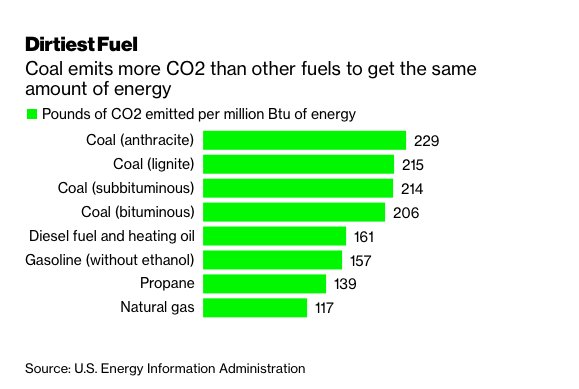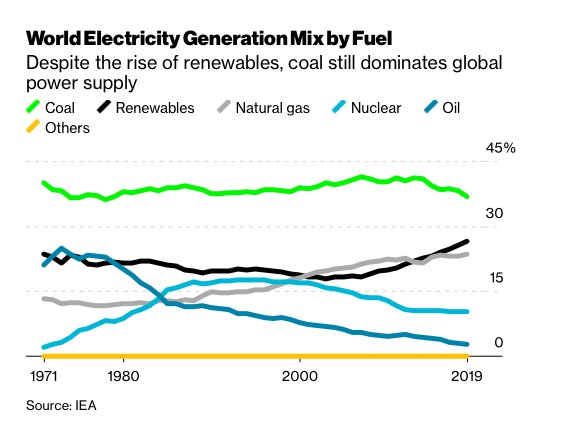The COP 26 global conference in Glasgow has been framed as the world’s last and best chance to avoid a climate breakdown later in the century.
There’s plenty of soaring rhetoric from heads of state and chief executives about the need for bold action and net- zero emission targets.

One important test will be whether major economies take meaningful steps in kicking their reliance on coal for energy production.
It’s considered the dirtiest of all the fossil fuels and is responsible for the lion’s share of greenhouse gas emissions.

King Coal
If the world is going to have a reasonable shot at containing global warming to within 1.5C of pre-industrial levels, which scientists claim is critical, governments are going to have to stop subsidising their coal sector and production.
That’s politically difficult in many countries, particularly China and India. Coal is a key part of their energy security and a source of jobs.
There are plenty of initiatives underway to end the world’s reliance on coal, the single biggest contributor to climate change.
The United Kingdom, which is hosting COP26, has orchestrated a 190-strong coalition of countries and organisations at COP26, with countries such as Poland, Vietnam, Egypt, Chile and Morocco unveiling commitments to phase out coal power in the decades ahead.
Unfortunately, coal use continues to rise, according to the International Energy Agency.
Financial Ties

On top of that, the Group of 20 leading economies continue to devote massive amounts of money supporting their coal, oil and gas industries. Some $3.3 trillion of government money supported fossil-fuel power from 2015 to 2019, according to Bloomberg New Energy Finance.
China accounts for roughly a quarter of the government-led support. With its vast coal resources and dearth of oil resources, China is one of the world’s largest coal producers and consumers.
Its coal sector also employs millions of workers. Breaking the coal habit will be tough. Coal workers are also powerful political constituencies in India, Australia and Eastern Europe.
So as investors try to size up the economic and environmental impact of the COP 26 climate conference, much will turn on the future of the coal industry.
Kicking the coal habit is one of the most difficult tasks the world faces as it strives to decarbonize the global economy in the decades ahead.
Photo Credit: Chris Jones via Flickr Creative Commons
DISCLOSURE
This piece is provided as educational information only and is not intended to provide investment or other advice. This material is not to be construed as a recommendation or solicitation to buy or sell any security, financial product, instrument, or to participate in any particular trading strategy.


